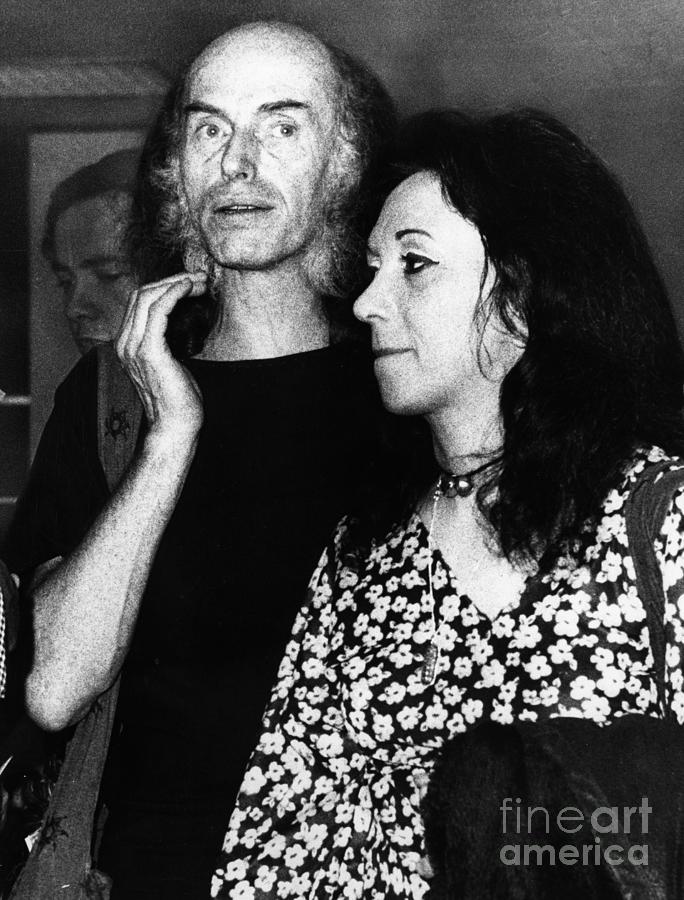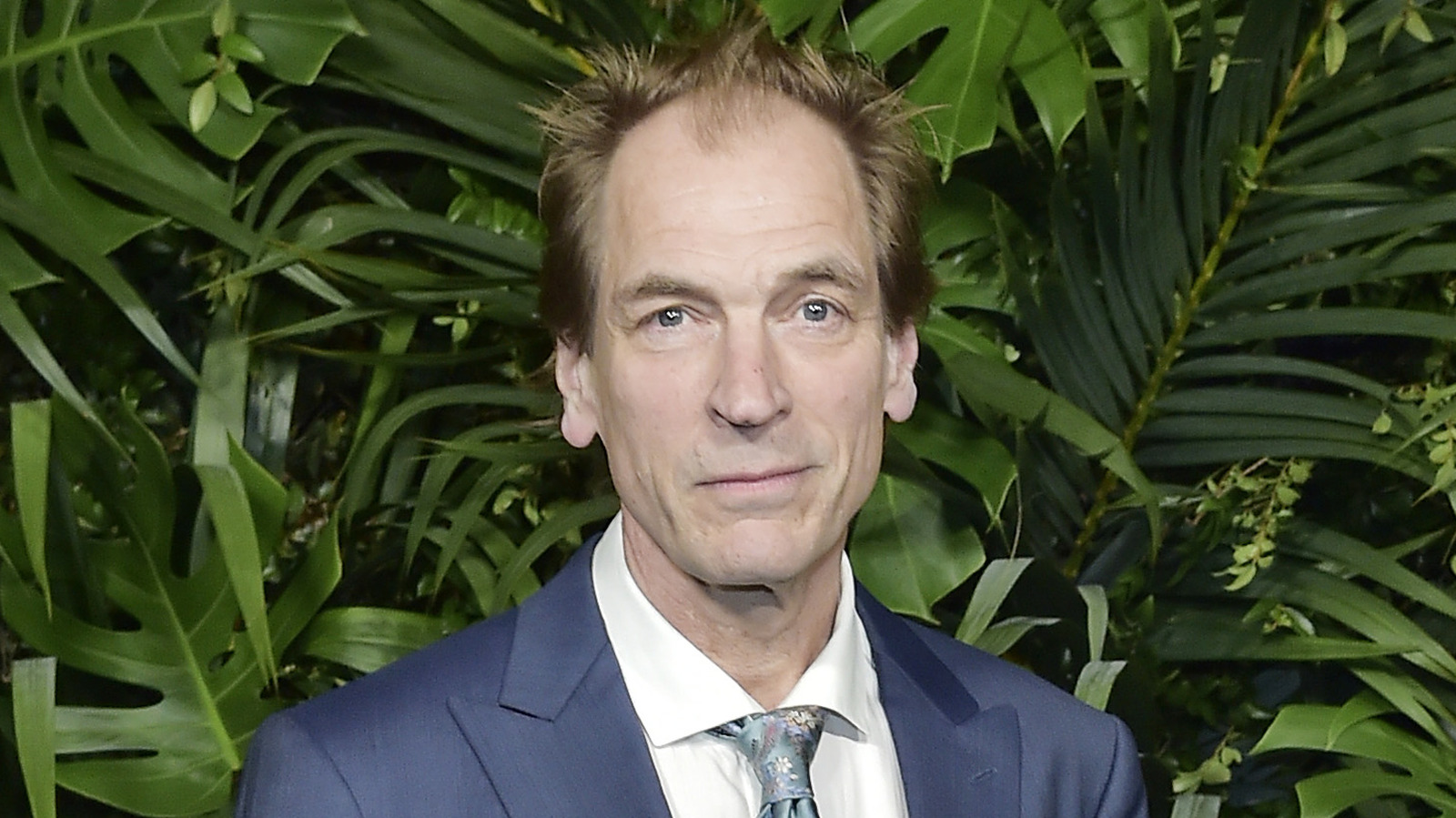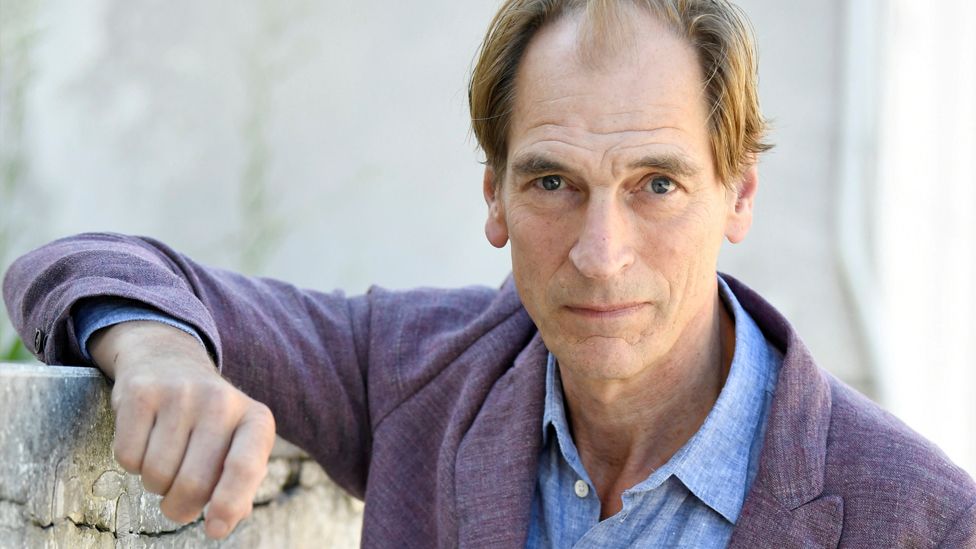Let’s talk about Julian Beck, a name that still echoes in the world of theater and art. His life was nothing short of extraordinary, and his death remains a topic of interest for many. Julian Beck’s cause of death is something we’ll dive into, but first, let’s set the stage. This dude wasn’t just another figure in the arts; he was a game-changer, a visionary who left an indelible mark on the world. So, if you’re here to learn more about this legendary artist and the circumstances surrounding his death, you’re in the right place.
Now, I know what you’re thinking—why should you care about Julian Beck? Well, here’s the deal: his work transcended boundaries, and his influence is still felt today. He wasn’t just some guy who dabbled in theater; Julian was a revolutionary thinker who co-founded The Living Theatre, a group that changed the way people viewed performance art. His life and death are intertwined with the history of modern theater, and understanding his story gives us a glimpse into a world where art and activism collide.
But hey, let’s not get ahead of ourselves. Before we dive into the nitty-gritty of Julian Beck’s cause of death, let’s take a moment to appreciate the man behind the legend. His life was a tapestry of passion, creativity, and resilience. It’s not just about how he died; it’s about how he lived and the impact he left behind. So, buckle up because we’re about to embark on a journey through Julian Beck’s life, legacy, and the events that led to his passing.
Read also:Wndr Museum San Diego Photos A Captivating Journey Through Art And Wonder
Biography of Julian Beck
Early Life and Education
Julian Beck was born on April 12, 1925, in New York City. His upbringing was steeped in creativity, with both his parents being artists. From a young age, Julian showed a keen interest in the arts, and his parents encouraged his creative pursuits. He attended the High School of Music & Art in New York, where he honed his skills and developed a passion for theater.
Later, Julian went on to study at Bard College, where he further explored his love for the arts. It was during this time that he began to envision a new kind of theater, one that would challenge societal norms and push the boundaries of traditional performance. His education laid the foundation for the groundbreaking work he would later accomplish.
Here’s a quick glance at Julian Beck’s early life:
- Born in New York City in 1925
- Parents were artists
- Attended High School of Music & Art
- Studied at Bard College
Julian Beck’s Career and Achievements
Julian Beck’s career was marked by innovation and a relentless pursuit of artistic freedom. In 1947, he co-founded The Living Theatre with Judith Malina, a group that would go on to redefine the theater landscape. Their work was characterized by its experimental nature and its focus on social and political issues.
Throughout his career, Julian directed numerous plays that challenged audiences and sparked conversations. His works often addressed themes of war, inequality, and the human condition. The Living Theatre became known for its avant-garde performances, and Julian’s influence extended far beyond the stage. He was a true pioneer, and his contributions to the world of theater are still celebrated today.
Julian Beck Cause of Death
The Final Chapter
So, here’s the part you’ve been waiting for: Julian Beck’s cause of death. On December 13, 1985, Julian passed away at the age of 60. The official cause of death was stomach cancer, a disease that had been quietly affecting him for some time. It’s a sobering reminder of how even the most vibrant and creative individuals can be taken too soon.
Read also:Austin Stiles The Rising Star Whorsquos Making Waves In Hollywood
Julian’s battle with cancer was private, and he continued to work and create until the very end. His dedication to his craft was unwavering, and even in the face of illness, he remained committed to his vision. His death was a shock to the theater community and a loss felt around the world.
Understanding Stomach Cancer
What is Stomach Cancer?
Stomach cancer, also known as gastric cancer, is a type of cancer that develops in the stomach. It occurs when cells in the stomach grow uncontrollably, forming a tumor. While it’s not as common as other types of cancer, it can be aggressive and difficult to detect in its early stages.
Some of the risk factors for stomach cancer include:
- Age (most cases occur in people over 50)
- Gender (men are more likely to develop stomach cancer)
- Diet (a diet high in smoked, salted, or pickled foods)
- Smoking
- Family history
Symptoms and Diagnosis
The symptoms of stomach cancer can be subtle and may include indigestion, nausea, vomiting, and weight loss. Because these symptoms are similar to other conditions, stomach cancer is often diagnosed at a later stage, making it more challenging to treat.
Diagnosis typically involves a combination of tests, including endoscopy, imaging tests, and biopsy. Early detection is crucial for improving outcomes, and regular check-ups are recommended for individuals at higher risk.
Julian Beck’s Legacy
A Lasting Impact
Even though Julian Beck’s life was cut short by stomach cancer, his legacy continues to inspire. The Living Theatre, the organization he co-founded, remains active and continues to push the boundaries of performance art. Julian’s influence can be seen in the work of countless artists who have followed in his footsteps.
His commitment to art as a means of social change is a testament to his vision and passion. Julian believed that theater could be a powerful tool for transformation, and his work continues to resonate with audiences around the world. His death was a tragic loss, but his legacy lives on through the art he created and the lives he touched.
Lessons from Julian Beck’s Life
Art as Activism
One of the most important lessons we can learn from Julian Beck’s life is the power of art as activism. He showed us that art can be more than just entertainment; it can be a vehicle for change. Julian’s work challenged the status quo and encouraged people to think critically about the world around them.
His dedication to his craft and his unwavering belief in the transformative power of art serve as a reminder of the impact one person can have. Whether through theater, music, or any other form of expression, art has the potential to inspire, educate, and empower.
Remembering Julian Beck
A Celebration of Life
As we reflect on Julian Beck’s life and death, it’s important to remember the incredible contributions he made to the world of theater. His cause of death may have been stomach cancer, but his spirit lives on through the work he left behind. Julian’s life was a testament to the power of creativity and the importance of staying true to one’s vision.
So, let’s take a moment to celebrate Julian Beck—not just for the way he died, but for the way he lived. His passion, creativity, and commitment to social justice continue to inspire new generations of artists and activists. In remembering Julian, we honor his legacy and the impact he had on the world.
Call to Action
Now that you’ve learned about Julian Beck’s life, legacy, and cause of death, it’s time to take action. If you’re inspired by his story, consider supporting organizations that promote the arts and social justice. Share this article with your friends and family to spread the word about this remarkable artist.
And hey, if you’ve got thoughts or questions about Julian Beck, drop a comment below. Let’s keep the conversation going and honor the memory of a true visionary. Remember, art has the power to change the world, and Julian Beck showed us just how powerful that change can be.
References
For those of you who want to dig deeper into Julian Beck’s life and work, here are a few resources to check out:
- The Living Theatre official website
- Books and articles written by and about Julian Beck
- Documentaries and interviews featuring Julian and his colleagues
Table of Julian Beck’s Personal Data
| Full Name | Julian Beck |
|---|---|
| Date of Birth | April 12, 1925 |
| Place of Birth | New York City, USA |
| Date of Death | December 13, 1985 |
| Cause of Death | Stomach Cancer |
| Spouse | Judith Malina |
Conclusion
In conclusion, Julian Beck’s life and death are a testament to the power of art and the impact one person can have on the world. His cause of death may have been stomach cancer, but his legacy lives on through the work he created and the lives he touched. Julian’s dedication to art as a means of social change continues to inspire new generations of artists and activists.
As we remember Julian Beck, let’s celebrate his life and the incredible contributions he made to the world of theater. His passion, creativity, and commitment to social justice are a reminder of the power of art to transform lives. So, go out there and make a difference—Julian Beck would be proud.


